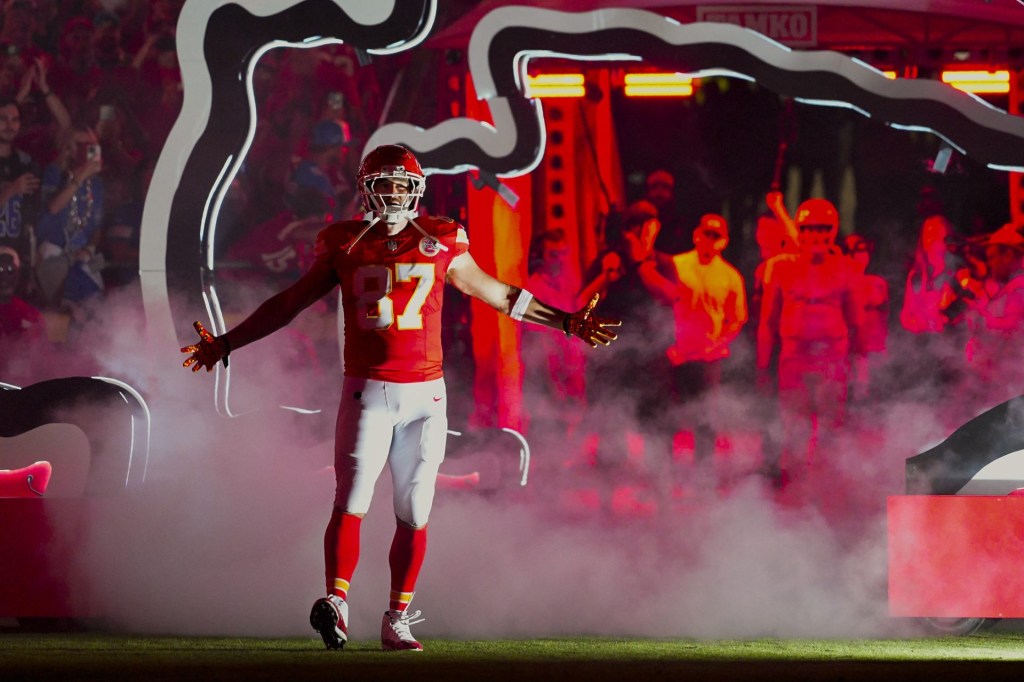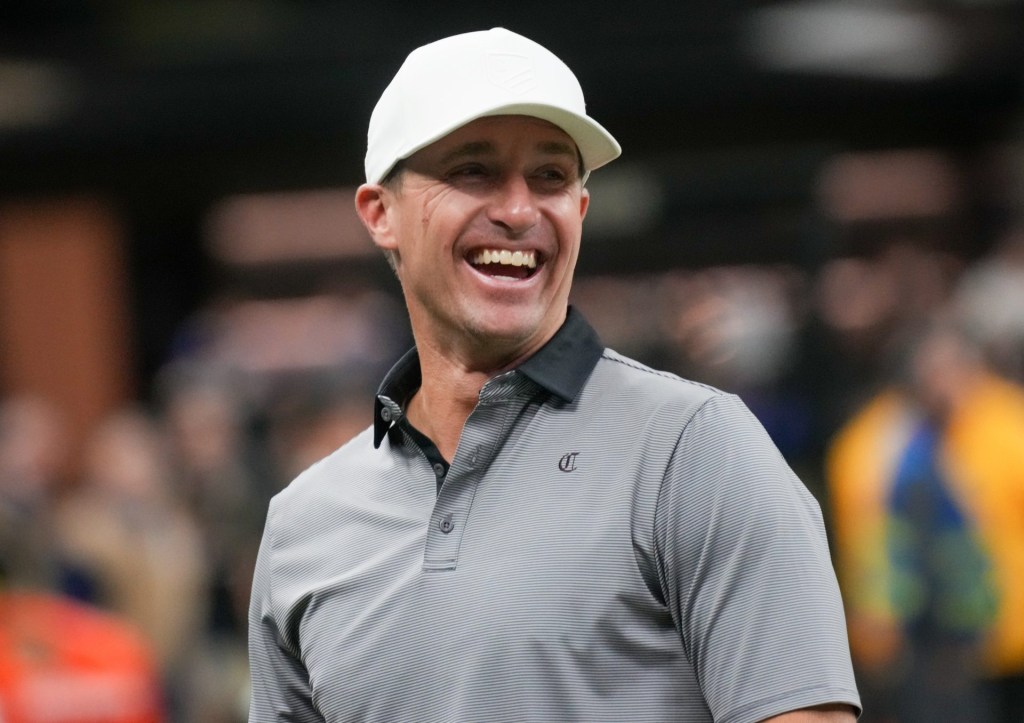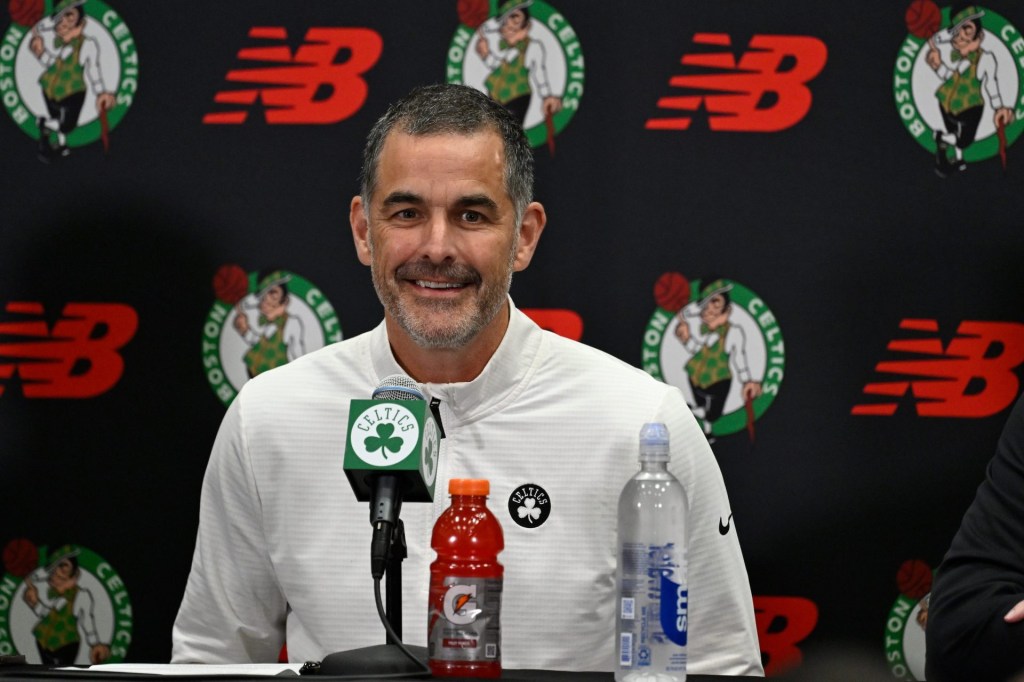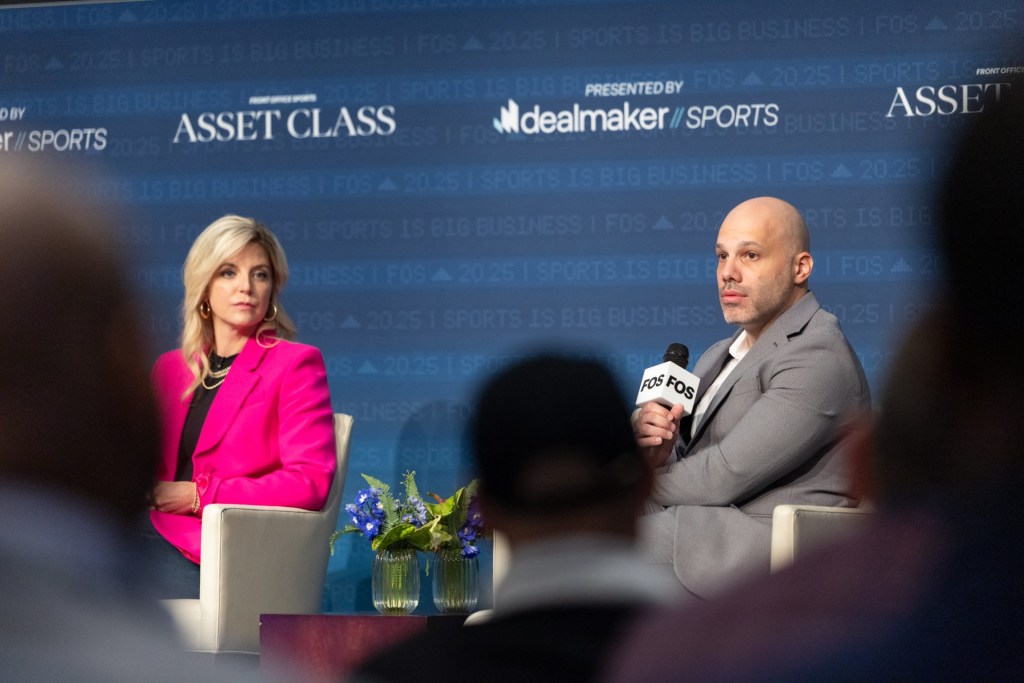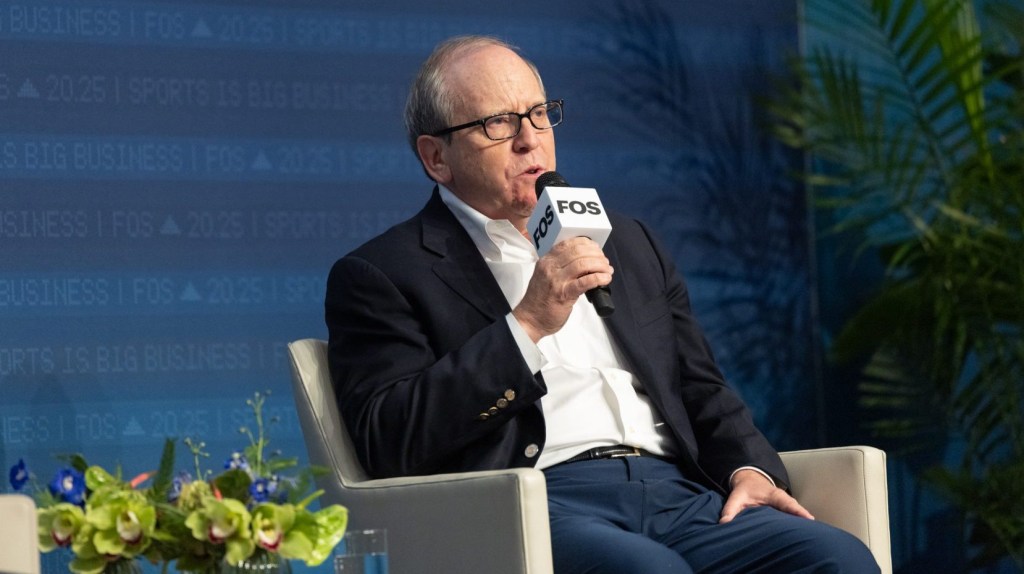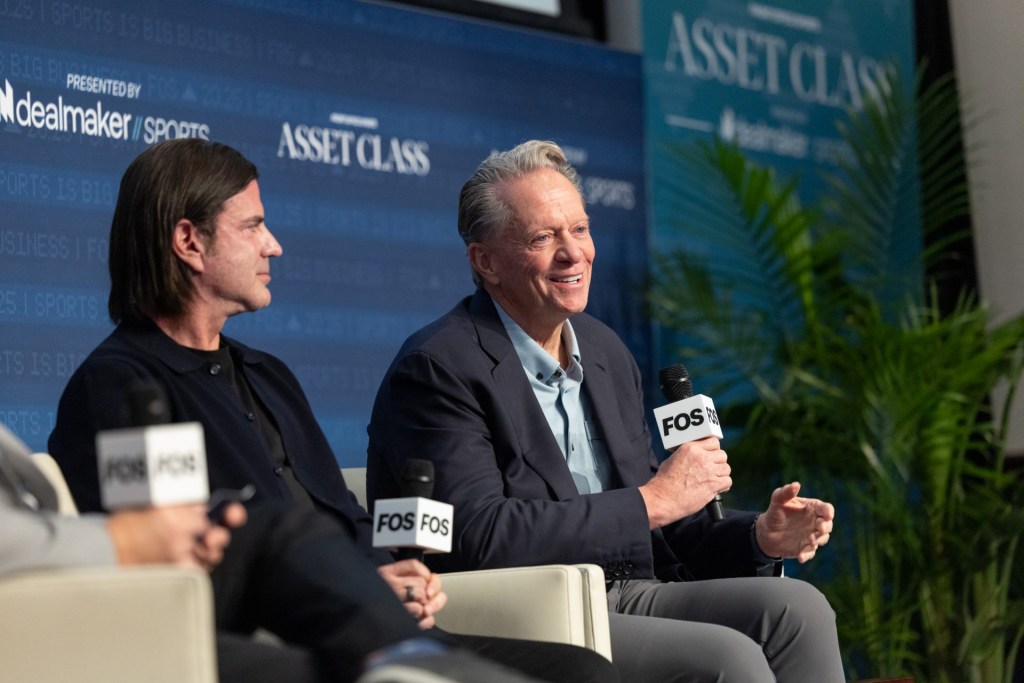The private-equity industry and college sports keep circling each other, but the right deal remains elusive.
Big 12 commissioner Brett Yormark told Front Office Sports on Thursday, “We’re not ready to go in that direction,” after having explored the sale of a stake in the conference to PE for “the better part of the year.”
Yormark’s remarks, made during the Big 12’s spring meetings in Orlando, come after FOS confirmed last summer that the conference was in the early stages of considering a PE deal with CVC Capital, and was also mulling the sale of its naming rights to a sponsor. CVC declined to comment Friday.
The conference worked with a bank to weigh its options, Yormark said, adding: “We’ve been educated at the highest levels.”
A deal of some kind could still be in the cards, but for the moment Yormark says there are “ways that we can monetize our business without necessarily giving up our name.”
“So, not that it’s off the table, but I would say it’s probably on pause right now, because we are finding other ways to grow the commercial side of the business without necessarily having to give up the equity that we’re building,” he said.
The will-they-won’t-they act is not surprising. There’s a public perception that PE firms are nothing more than corporate raiders who load up targets with debt, focus too heavily on their own financial gains, and fail to support the entities in which they invest.
“While private equity is excited to get into the college sports sector, university conferences and their boards are being properly diligent,” Sidley Austin’s Chuck Baker tells FOS.
Baker, who co-chairs the law firm’s entertainment, sports and media practice, has years of experience advising on major pro sports and college deals, many with a private-equity component—he has represented PE clients on minority investments in teams including the Philadelphia 76ers, Minnesota Wild, New Jersey Devils, Austin FC, and Angel City FC.
“Colleges exist as nonprofit institutions to educate people. That’s their real mission,” he says. “As attractive as PE investment may be, universities, conferences, and their boards are being very mindful of not necessarily wanting to be trailblazers in this space.”
There’s a consensus that some sort of marriage between PE and college sports is inevitable. Last year, multiple schools and conferences began exploring partnerships with private-equity investors, as athletic departments across the country recognize the need for additional revenue streams in light of the NIL explosion, the House v. NCAA settlement—which still awaits final approval from a federal judge—and the media-rights revenue arms race.
In October, NCAA president Charlie Baker said there is room for PE investment in college sports, while acknowledging that the usual private-equity model of having a defined investment horizon before seeking to exit for a return doesn’t fit neatly into the needs of collegiate athletics.
“I think the question would be: You’d have to figure out on your table of risk and resources how to make a PE piece fit into a model that’s not designed to deliver returns in three years,” he said at an Axios event in New York City.


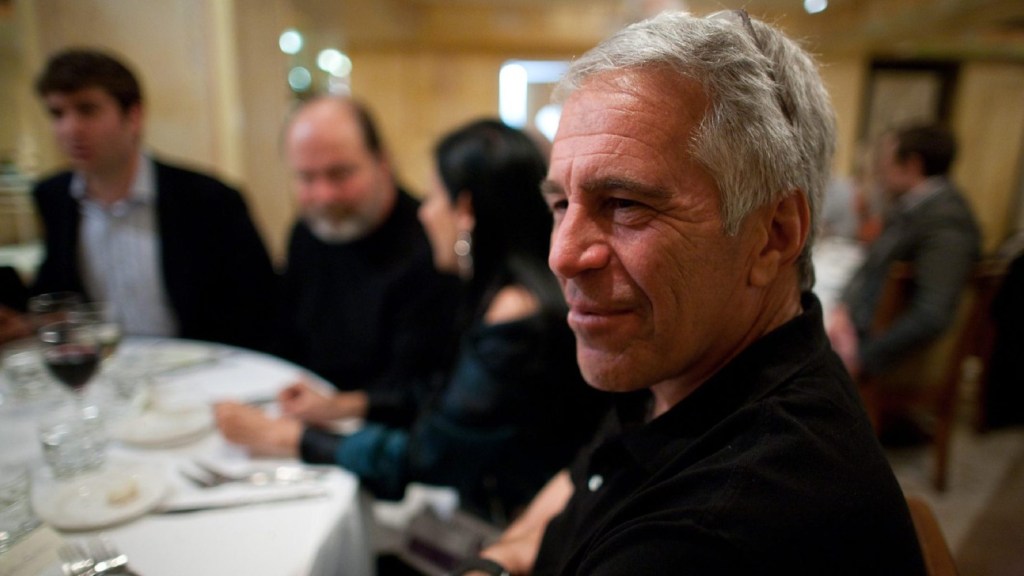


![[Subscription Customers Only] Jul 13, 2025; East Rutherford, New Jersey, USA; Chelsea FC midfielder Cole Palmer (10) celebrates winning the final of the 2025 FIFA Club World Cup at MetLife Stadium](https://frontofficesports.com/wp-content/uploads/2026/02/USATSI_26636703-scaled-e1770932227605.jpg?quality=100&w=1024)



